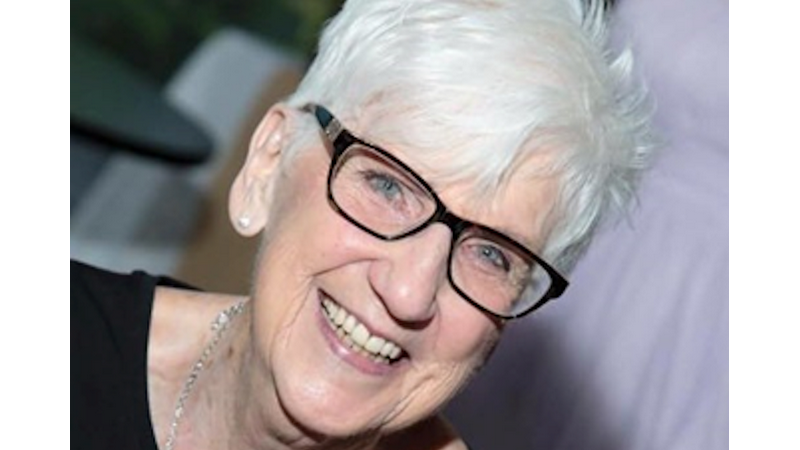Pain is not always accountable like "aches and pains."
Sometimes "pain" is on purpose, especially with younger people — teenagers or young adults. Some choose to inflict pain to get rid of the pain of their emotions or thoughts, as in self-harm.
Our NAMI, at the request of a 17-year-old who wants to get emotions out that are painfully held inside, wanted us to start a youth support group. We listened and acted.
A support group is a coping tool where participants can talk and share feelings with others in like circumstances. A support group is self-therapy or healing.
Our NAMI has taken up the idea of implementing a youth support group. Our youths have chosen the name of "NAMI KLCO Insiders." We have also received many calls from parents who are seeking such a group for their child. The group will be open to youths 13–18 who may have an emotional or mental disorder.
Our teen put his needs in rhyme:
"I wanted to start this group you see, because I needed to talk to kids like me... The 'Me' inside has always wanted to come out, I know other people wouldn't know what that's about..."
Science tells us that self-harm — by itself — is not described as a mental illness but as a behavior that indicates a need for better coping skills. It can happen at any age but is common among adolescents and young adults in response to emotional distress. Self-harm, however, is often associated with several illnesses, including depression, personality disorder, eating disorders and post-traumatic stress disorder (PTSD).
Others may engage in self-harm because they think it is a thing to do because their friends do it; it is a way to fit in. Several methods are used, such as piercing, burning, carving or branding, and cutting. Great effort is made to hide the wounds or items used to accomplish it. Be watchful for signs and words that are not always common to your friend's or teen's behavior.
Under any circumstances, cutting or self-harm should be taken seriously by those who engage in it and those parents or others who discover it happening. Once you are aware, there are steps to take, and treatment is recommended. Be prepared to listen and even ask the question, "Are you harming yourself?" Offer to help them get help. Do not go on the offensive or try to make the person promise to stop. Once a habit, it takes more than willpower to quit.
Our teen ends his rhyme like this:
"I think Insiders will help us all to cope, and together we will find our hope."
A couple of good resources that we found to learn more about self-harm and cutting are evolvetreatment.com/parent-guides/cutting and nami.org/About-Mental-Illness/Common-with-Mental-Illness/Self-harm.
If you are in crisis, do not be ashamed to seek help. Dial 2-1-1 or 9-1-1.
Submitted by
Dodie Melvin, director
NAMI KNOX LICKING COUNTY OHIO
740-397-3088




.webp)
.webp)
